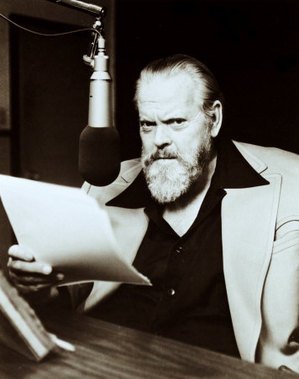Politics

Welles was a self-identified “progressive” who was hounded for being a leftist and sometimes probed or followed by various Red Scare-oriented committees of the U.S. government. He first threw his hat into the arena of politics and current events in October of 1943, speaking at the Third Free World Dinner at NYC’s Hotel Pennsylvania. Others taking the rostrum were a British Minister, a U.S. Colonel and a Chinese ambassador. He also gave two speeches in November on behalf of the American Free World Association, which was committed to the destruction of fascism. As a companion to these appearances at conferences, Welles began publishing essays in the left-wing journal Free World, edited by Louis Dolivet, a French emigre who’d risen among the ranks of American and exile wartime politics. Welles espoused the Free Worlders’ value of internationalism, which was positioned opposite the isolationism prevalent in America as the second Great War rumbled on. This stance garnered s...





